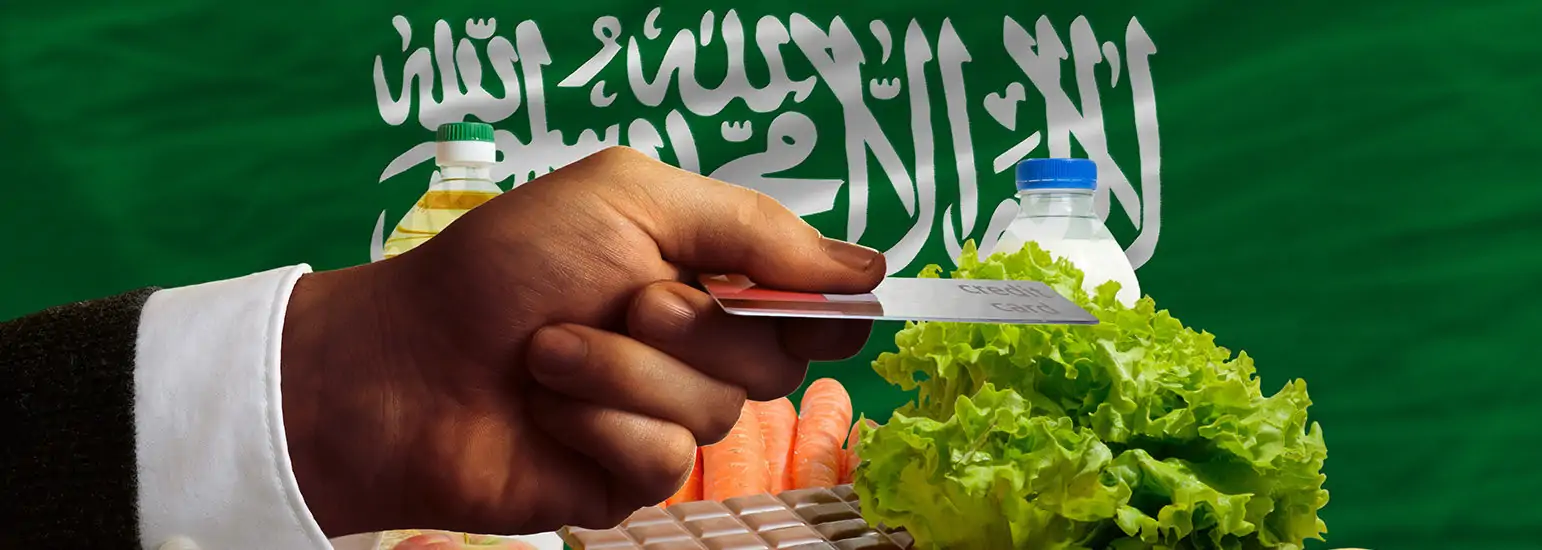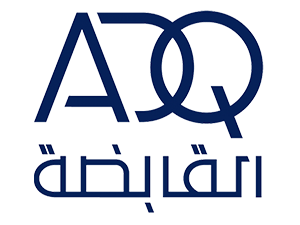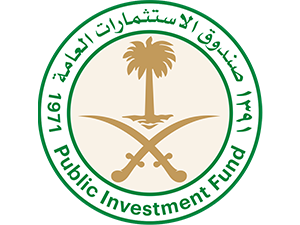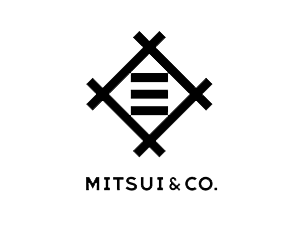The global Halal industry hit a value of $2.5 trillion in 2019 with the UAE taking the lead to become a hub for Halal products and manufacturers.
At Farrelly Mitchell, we believe that the growth of Halal products will be driven by the UAE along with expansion throughout the western world, resulting from the increase in Muslim populations in these countries. This growth will also be supported by the ethical and healthy values associated with Halal products.
There is value for Halal in the UAE and beyond. In Europe, for example, the growing Muslim population is driving the popularity of Halal products in the region, which means more focus for unified global standards is a priority.
The United Arab Emirates is positioning itself as the centre of the global Halal food industry, taking advantage of its strategic location, while also assuming a leadership role in defining international quality standards and processes for this growing food category.
The proof is in the initiatives
The Halal Expo takes place every year and centres around a tagline which showcases Dubai as ‘The heart and hub of the Halal food and beverage market’, clearly signifying the UAE’s strong focus in the area.
Dubai is home to an international centre for the testing and accreditation of Halal food, focusing on increasing the range of Halal-certified raw materials, and ensuring the uniformity of the global guidelines for Halal produce.
Dubai has also allocated millions of square feet of land in the Dubai Industrial City for the development of a ‘Halal Cluster’ for manufacturing and logistics companies that deal in Halal food, cosmetics and personal care items.
Standards for all
In our research, we found that consumers do not associate Halal with quality, and we believe that Dubai wants to address this.
The Emirate is set to become the world’s leader on unified Halal food standards and procedures, focused on updating existing standards, drafting new ones to fill any legislative gaps, and harmonising regulations across the globe.
Unified Halal standards will also help to expand production of Halal products among major food multinational corporations, such as Mondelez International, Nestle and Unilever PLC.
Challenges still to overcome
Expanding demand, especially by creating new products aimed at the younger generation
Changing the perception of Halal to a healthy option to attract non-Muslims
Key Findings of the report
The market share for Halal products and services will increase in line with the growth in Muslim populations across the world
Europe and the US will be a major attraction for the Halal products and services given their expanding Muslim communities
Dubai is a major hub for Halal and will capitalise on its well-developed infrastructure to attract more F&B businesses and related services to the region
Different scholars have identified different regulations; however, the recent adoption of the Halal guidelines by the Islamic Chamber of Commerce in UAE is a significant step towards unifying standards
Dig into the full analysis and outlook in the full Halal Products Market: How Dubai is Seizing the Initiative Farrelly and Mitchell report.
The strategic positioning and innovation demonstrated by the UAE, particularly Dubai, are pivotal for the future of Halal products and services worldwide. At Farrelly Mitchell, we leverage our expertise in food safety, market entry & development, policy and regulations, supply chain optimisation, and sustainability and esg, to support businesses navigating the complexities of entering and expanding within the Halal market. Our services are tailored to meet the needs of manufacturers, retailers, and service providers within the food and beverage sector, aiming for sustainability, compliance, and market competitiveness.
We assist clients ranging from SMEs to large corporations, guiding them through the intricacies of regulatory compliance, market analysis, and strategic planning, ensuring their success in the dynamic Halal industry. By aligning our comprehensive suite of services with the unique demands of the Halal market, Farrelly Mitchell empowers businesses to seize growth opportunities, enhance their operational efficiencies, and contribute to the ethical and sustainable development of the global food industry.






















